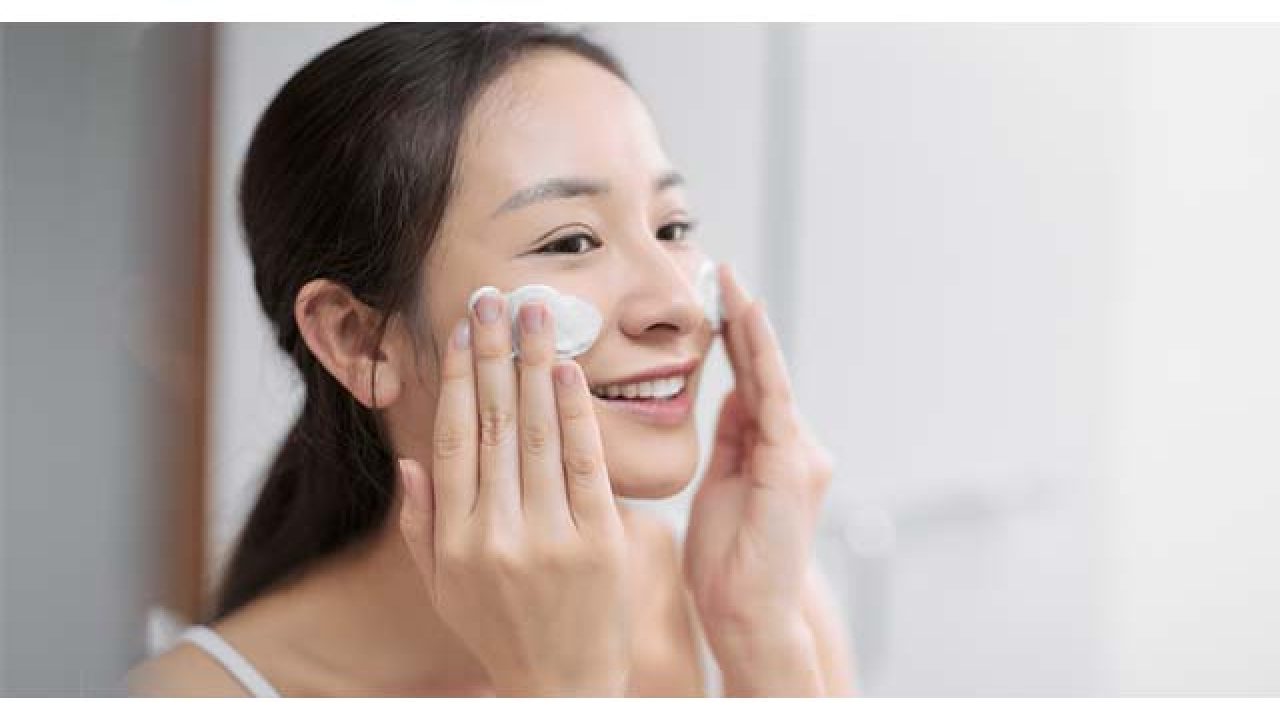A crucial aspect of maintaining healthy skin is establishing a reliable facial cleansing regimen. Facial cleansing is an essential step in any skincare routine. It not only eliminates dirt, oil, and impurities from the skin’s surface but also primes the skin for the following skincare regimen. Selecting the appropriate facial cleanser for your skin type can be a daunting task, given the plethora of options available in the market. In the following article, we will provide you with a comprehensive guide on how to choose the ideal facial cleanser that caters to your unique skin requirements.

Know Your Skin Type:
Prior to delving into the realm of facial cleansers, it is imperative to ascertain your skin type. Determining your skin type is an essential step in developing a skincare routine that caters to your specific needs. Are you prone to oily skin, dryness, sensitivity, combination skin, or acne breakouts? Identifying your skin type can help you select the appropriate products and ingredients to achieve healthy, radiant skin. By having a clear understanding of your skin type, you can make an informed decision when it comes to selecting a cleanser that caters to your unique needs. This will not only help you address any specific concerns you may have, but also prevent any potential irritation or imbalance that may arise from using the wrong product.
Consider Cleansing Formulas:
There is a wide range of facial cleansers available in the market, each formulated to address specific skin issues. There exist several popular types:
- Gel Cleansers: Gel cleansers are a great choice for individuals with oily or acne-prone skin. They work wonders in eliminating excess oil and unclogging pores without compromising the skin’s essential moisture.
- Cream Cleansers: Cream cleansers are an ideal choice for individuals with dry or sensitive skin. These cleansers offer a gentle yet effective way to remove impurities while also providing much-needed hydration and nourishment to the skin.
- Foam Cleansers: Cleansing with a foam is a breeze because of the fluffy foam it produces. They are good at getting rid of dirt and oil without over-drying normal to mixed skin.
- Oil Cleansers: For people who have dry or parched skin, oil cleansers are the best option for removing makeup and sunscreen. Without stripping the skin of its natural moisture, they aid in the removal of oil-based blemishes.
Look for Key Ingredients:
The best facial cleanser will be tailored to your individual skin and its needs. Some essential components include:
- Salicylic Acid: Salicylic acid helps prevent breakouts by unclogging pores, making it ideal for oily or acne-prone skin.
- Hyaluronic Acid: Hyaluronic acid is great for dry or dehydrated skin because it draws water to itself and holds onto it.
- Tea Tree Oil: Known for its antibacterial properties, tea tree oil helps control excess oil and soothes acne-prone skin.
- Aloe Vera: Aloe vera’s relaxing properties make it an ideal cleanser for skin that’s been inflamed or is very delicate.
Avoid Harsh Ingredients:
Facial cleansers with harsh components like sulfates, artificial scents, and alcohol should be avoided. Those with sensitive skin should avoid using these products because they can remove the skin’s protective oils, leaving the skin dry and irritated.
Patch Test:
It’s important to do a patch test before fully committing to a new facial cleanser. Put a little of the cleaner on your inner forearm or behind your ear and wait 24 hours to see if you have any reactions. You can put it on your face and see if it causes any irritation.
Seek Recommendations:
Don’t be shy about asking for advice from others whose skin is similar to yours, skincare experts, or dermatologists. They can shed light on the matter and recommend effective cleaners.


